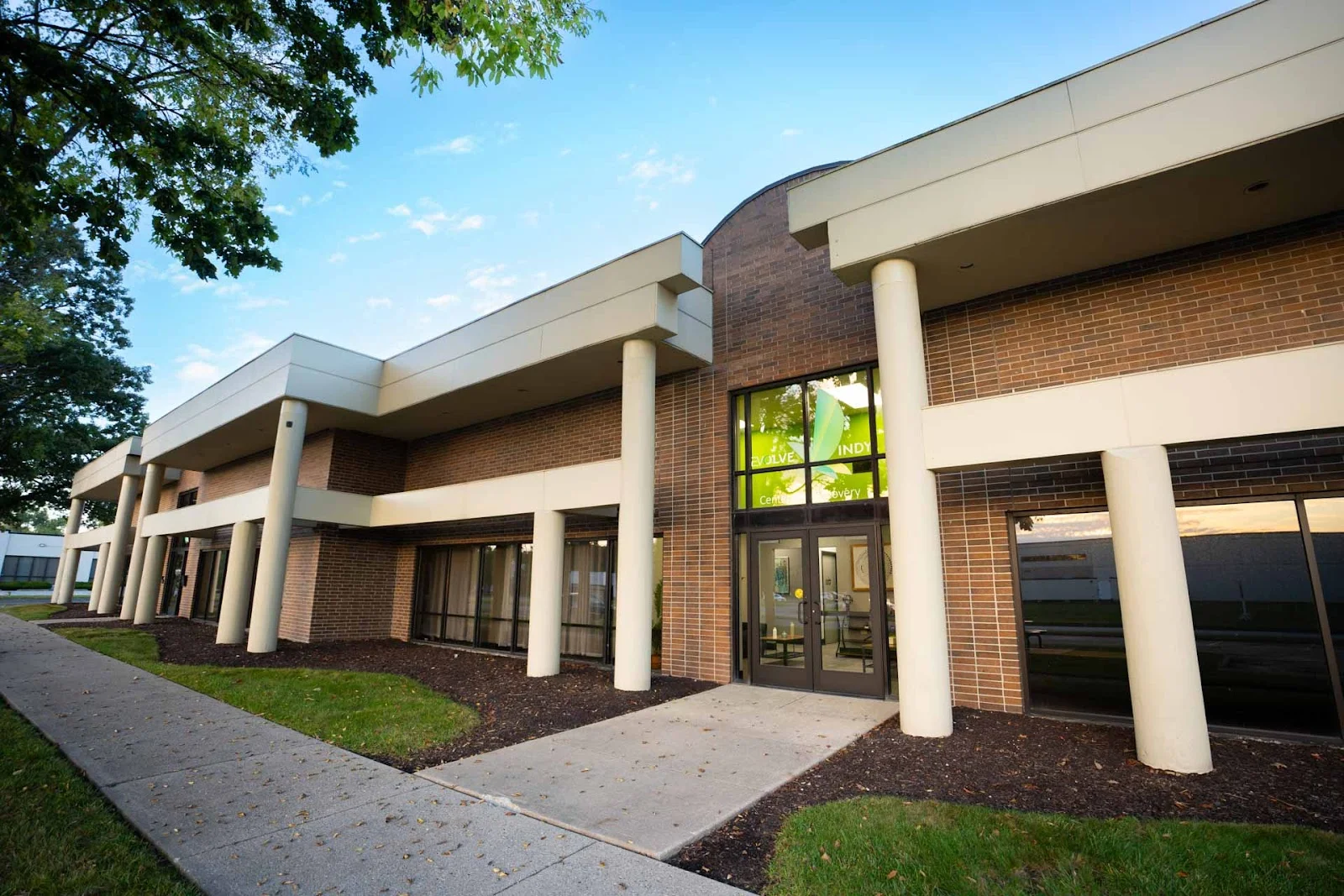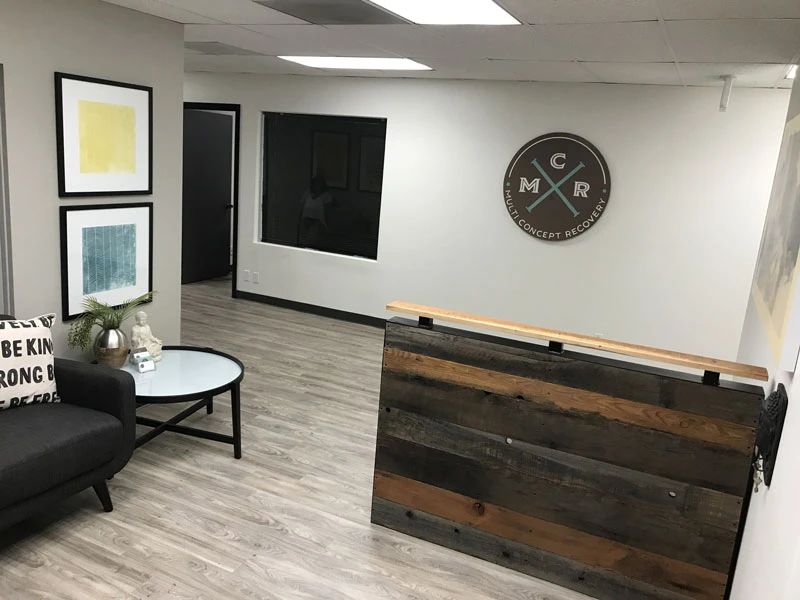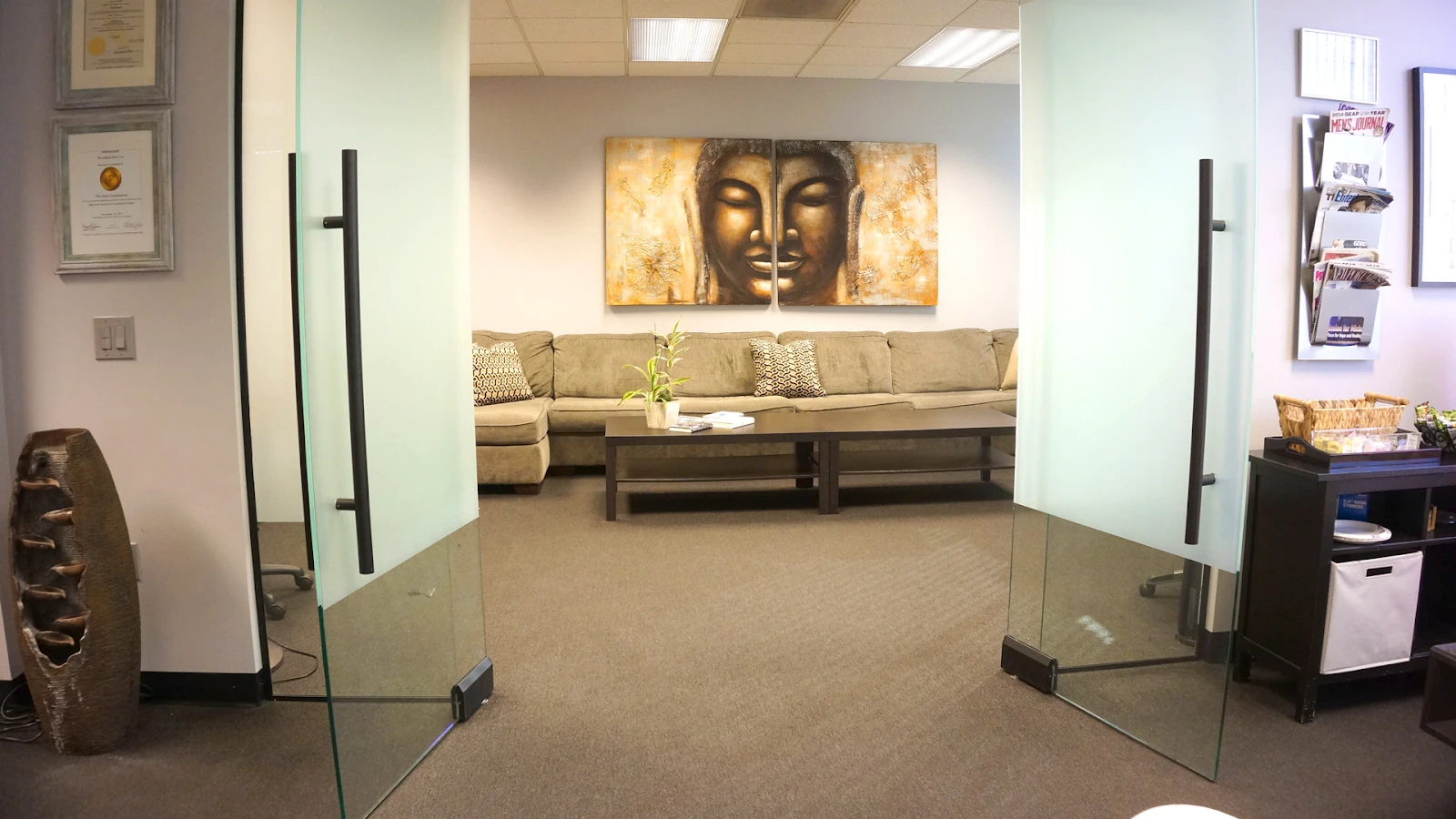Hillside Mission Recovery is a full-service rehab center in Mission Viejo, California, for people who are addicted to drugs, alcohol, or other substances. It offers detox, residential inpatient, and aftercare programs. The center is open 24 hours a day, seven days a week, and helps both men and women. Hillside Mission Recovery uses many types of therapy, such as SMART Recovery, dual illness treatment, anger management, Dialectical Behavior Therapy (DBT), Cognitive Behavioral Therapy (CBT), and therapy for individuals, groups, and families. The center also believes in organic approaches and offers yoga, music therapy, and art therapy to improve people's health as a whole.
A high level of care is guaranteed by the fact that Hillside Mission Recovery is approved by the State Department of Health Care Services.
Hilliside Mission Information
Treatment
Who We Treat
- Male and Female
Treatment Focus
- Co-Occurring Disorders
- Alcohol
Approaches
- Individual Treatment
- Evidence-Based
- Family Therapy
- Group Therapy
- Holistic
- Cognitive Behavioral Therapy (CBT)
- 1-on-1 Counseling
- 1-on-1 Counseling with Clinical Psychologist
- Art Therapy
- Meditation & Mindfulness
- Life Skills Training
- Relapse Prevention Counseling
Conditions We Treat
- Post Traumatic Stress Disorder (PTSD)
- Anger
- Co-Occurring Disorders
Substances We Treat
- Benzodiazepines
- Prescription Drugs
- Alcohol
- Chronic Relapse
- Cocaine
- MDMA/Ecstasy
- Nicotine
- Ecstasy
- Marijuana/Cannabis
Languages
- English
Aftercare
- Outpatient Treatment
- Support Meetings
- Ability to Call a Counselor
- Alumni Events & Get-Togethers
Level of Care
- Outpatient Detox
- Detox
- Residential Rehab
- Co-Occurring Mental Health
Experience
On-Site Amenities
- Gourmet Dining
- Pool
- Outdoor Dining
- Fitness Center
- Access to Nature
- Outdoor Lounge
- Spa
- Internet
Personal Amenities
- TV
- Air-Conditioned Rooms
Off-Site Amenities
- Fitness Center
- Access to Nature
On-Site Activities
- Swimming
- Yoga
- Alternative Meetings
- Adventure Outings
- Physical Fitness
- AA/NA Meetings
- Massage
Off-Site Activities
- Adventure Outings
- AA/NA Meetings
Special Considerations
- Healthy Meals are provided
Accreditations
-
The Joint Commission
The Joint Commission accreditation signifies that a facility has met rigorous standards of excellence in patient care, treatment, and safety. It assures individuals and healthcare professionals that the accredited facility provides high-quality, evidence-based care for addiction and mental health issues, fostering trust and confidence in their services.

-
State department of health
Government agencies issue State Licenses, granting permission to rehabilitation organizations to conduct their business operations lawfully within specific geographic regions. Generally, the particular rehabilitation programs offered by a facility and its physical location dictate the necessary licenses needed for legal operation.

Additional Locations
Hilliside Mission Accepts The Following Insurance Plans
Find the best treatment options. Call our free and confidential helpline today!






















